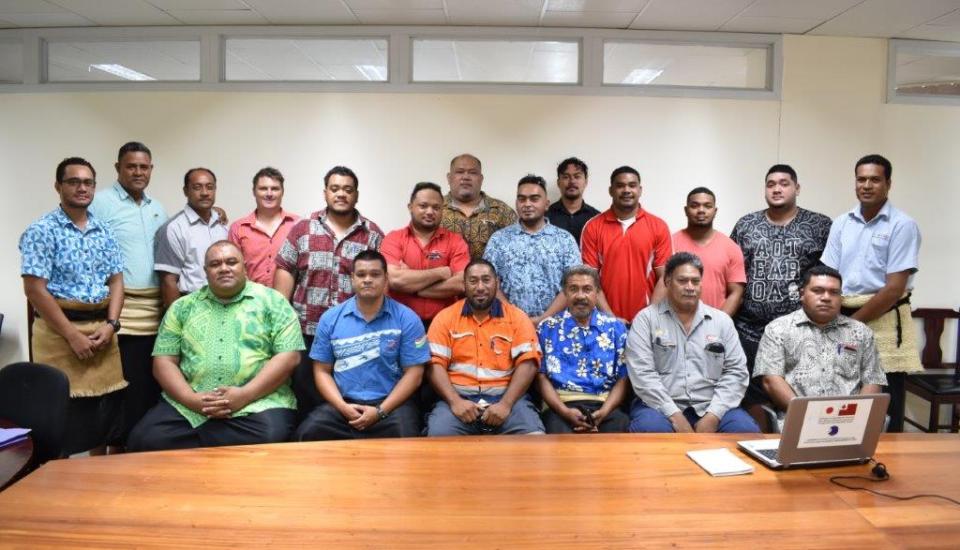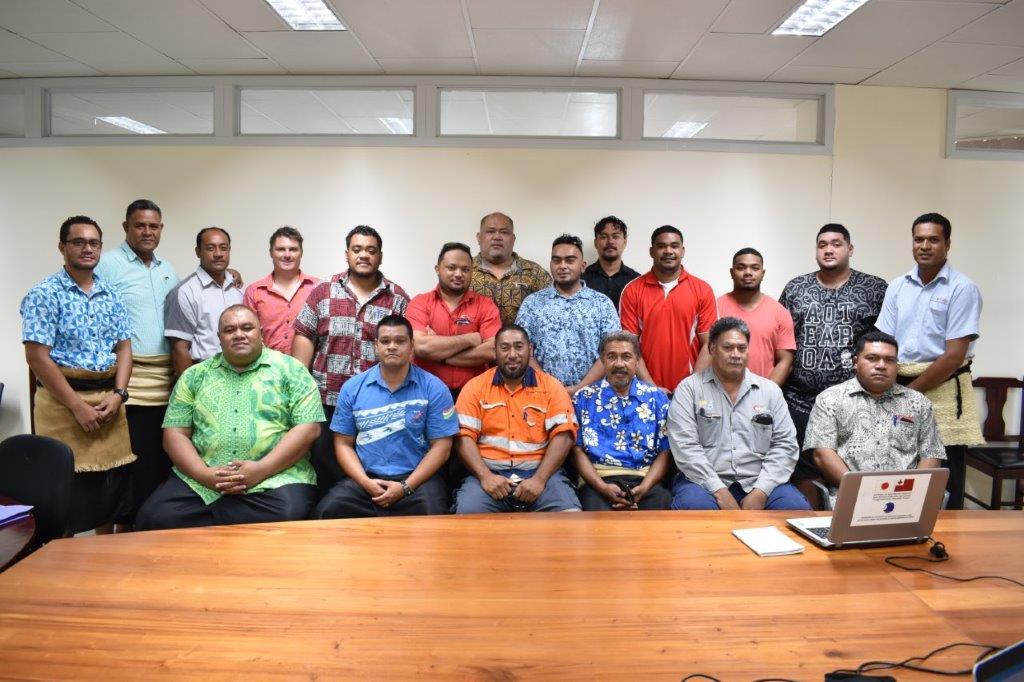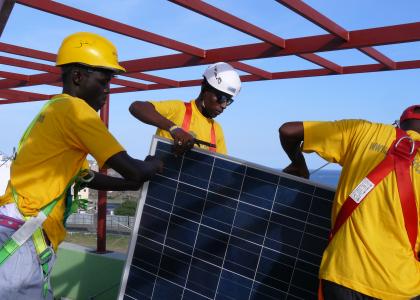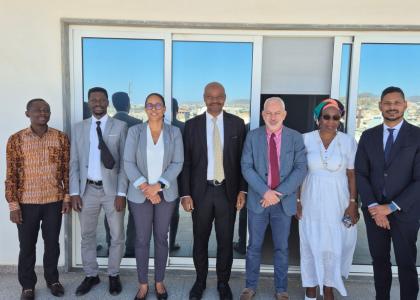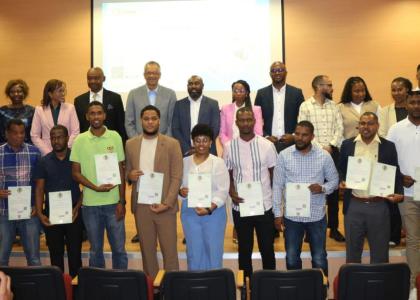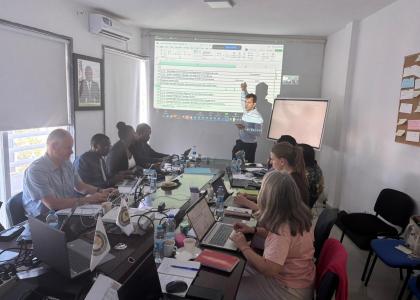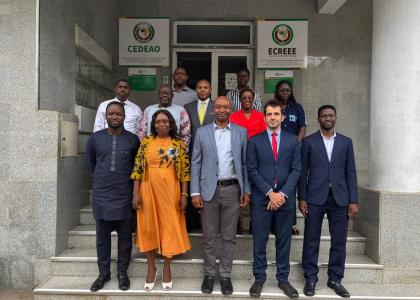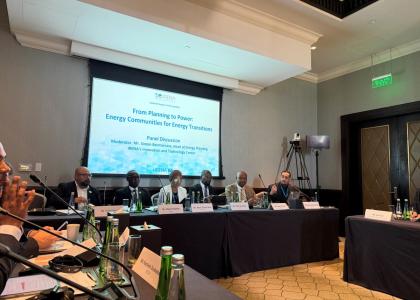Nuku’alofa, 16th November, 2021 –
A workshop to address the growing demand for reliable, safe and cost effective 24 hours supply of electricity in the remote and rural communities of Tonga was opened on Tuesday at Nukuálofa, Tonga. The workshop aims to support Tonga’s target to be 70% renewable energy by 2030 as well as its desire to have resilient energy infrastructure that would withstand natural disasters as well as to be better prepared to address future restrictions and impacts of COVID-19. Renewable Energy mini-grids are some of the promising options being pursued by the Tonga Government. A mini-grid system uses solar and/or diesel generators together with a battery storage system to provide cost effective 24 hours electricity supply.
The outer islands of Tonga have been electrified with standalone solar systems that provides 4 hours of electricity for basic lighting needs. With the growing demand for electricity and advanced technologies and services, government is embarking on upgrading these power supplies to mini-grid systems.
The Pacific Community’s (SPC) Pacific Centre for Renewable Energy and Energy Efficiency (PCREEE) in collaboration with Tonga Department of Energy of MEIDECC, the International Solar Alliance (ISA) and the National Institute of Solar Energy of France (INES) are collaborating on this 3-day training on Renewable Energy Mini-Grids. This training is conducted virtually by experts on mini-grids from the INES of France. More than 20 participants from the DoE (MEIDECC), Tonga Power Limited, Tonga Electricity Commission, Ministry of Health, Tonga Renewable Energy Project (TREP) and Tonga Outer Island Renewable Energy Project (OIREP) participated to enhance their skills in mini-grid systems.
In the opening, the Deputy Director of the SPC’s Geo-resources and Energy Programme, Mr. Akuila Tawake, highlighted that: “The Covid-19 pandemic continues to delay the progress towards Renewable Energy targets and also putting enormous pressure on health care systems around the globe. There is a need for stable energy services to prevent disease and fight pandemics - from powering healthcare facilities and supplying clean water for essential hygiene, to enabling communications and IT services that connect people while maintaining social distancing.”
International Coordinator for INES, Solenn Anquetin, acknowledged that INES’ support is through a Pacific – France partnership to build skills and knowledge through centres of excellence such as the PCREEE. “This programme is not only about you learning about solar mini-grids but it is also about us INES trainers in France to learn more about your experience, the Pacific context and it is what really motivated INES in preparing this training. The training is part of INES’s French-funded PISE programme and is part of the broader STAR-C capacity-building programme of the ISA. We hope to repeat similar collaborations in the future so as to provide further training on the ground at the mini-grids installations sites in the Pacific Islands.”
Participants expressed support for this important training based on lessons observed in the current implementation of mini-grid systems in Tonga. Participants expressed the need for more technical hands-on trainings to minimize reliance on international experts who cannot travel to Tonga due to disruptions from natural disasters and pandemics.
The training will run from 16th – 17th and the 19th November. The training includes a site visit to solar and wind installations in Tongatapu to allow participants to get a practical hands-on feel for these systems and to clarify issues discussed during the training.
END
Useful link:
PCREEE-ISA Pacific Islands Solar Expertise Programme | PCREEE
Media Contact:
Mr. Paea Tauáika, Business and Mini-grids Officer – paea.tauáika@gmail.com
Solenn Anquetin, INES Solar: solenn.anquetin@ines-solaire.org

